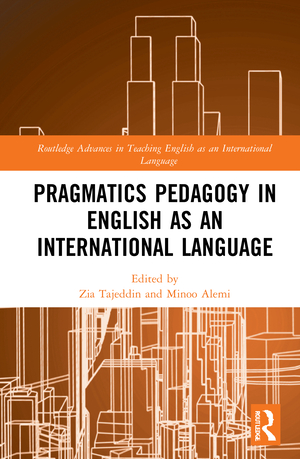
Nowadays, English has been adopted as an international language that speakers from distinct linguacultural backgrounds use to achieve any communicative goal. An important part of this communicative process is undoubtedly the mastery of pragmatic competence. More specifically, second language pragmatics needs to respond to the challenges of globalization. To that end, it is essential that teachers become aware of the importance of developing their learners’ pragmatic competence so that they can successfully communicate in diverse English as an international language interactions. In an attempt to shed light on this topic, this chapter first introduces some theoretical underpinnings about the field of pragmatics, the importance of the Noticing Hypothesis as the basis for instructional pragmatics, and existing research on teachers’ pragmatic awareness during instructional pragmatics programs. This literature review is followed by a discussion of empirically-based techniques, as well as skills and strategies that could be included in pragmatics courses with the aim to develop teachers’ understanding and awareness of pragmatic features. Finally, concluding remarks and recommendations for future research with regard to pragmatics courses in teacher education are suggested.